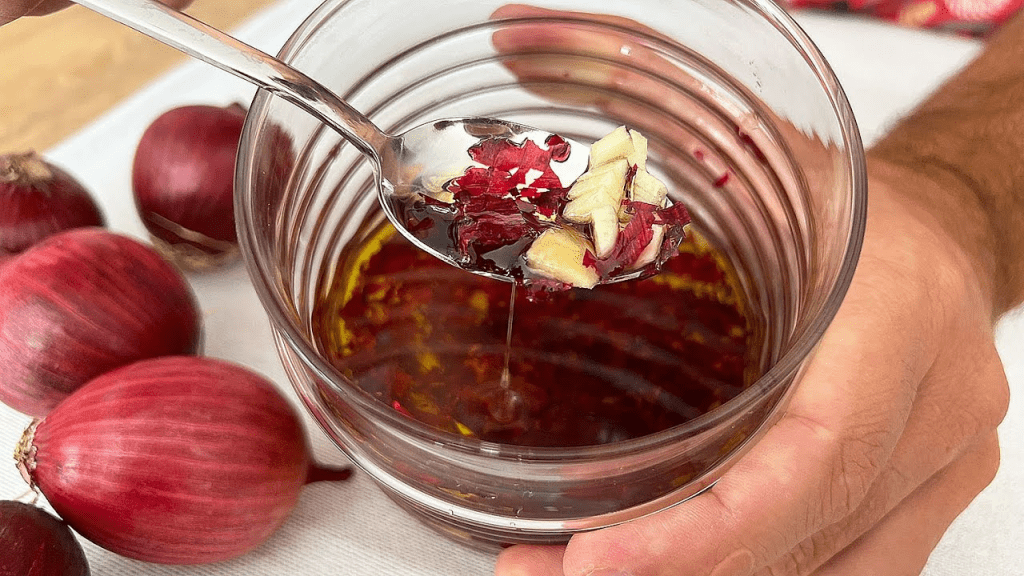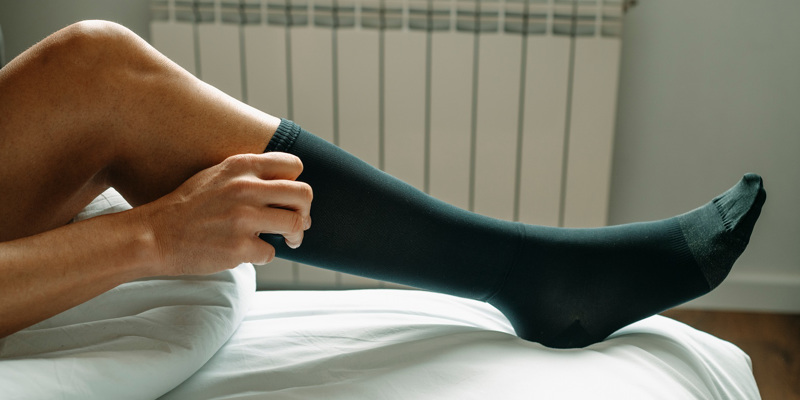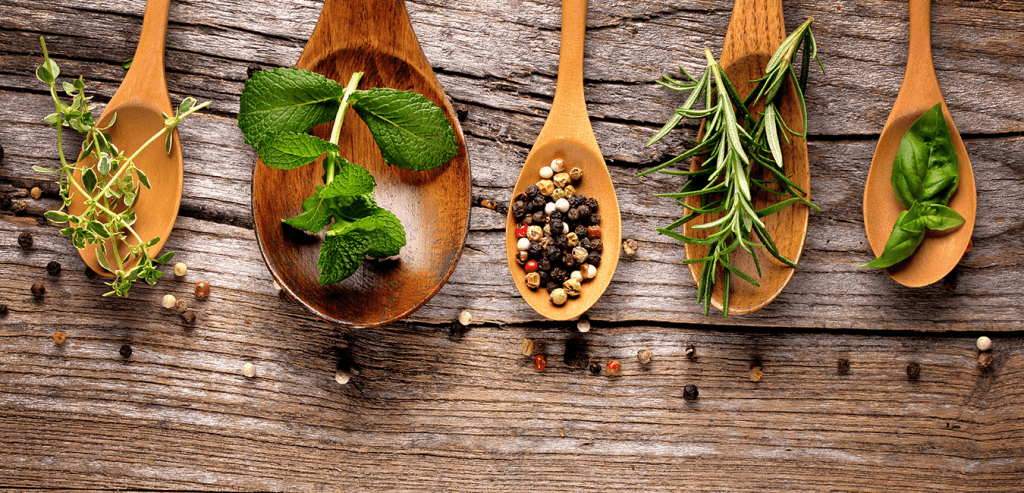Varicose veins are not just an aesthetic concern; they often cause discomfort, pain, and swelling, especially after long periods of sitting or standing. If you’re dealing with varicose veins, you’ve probably wondered if there’s a natural way to manage their symptoms. Well, the good news is that although natural remedies won’t completely eliminate varicose veins, they can help reduce discomfort and improve overall vein health. Let’s dive into some simple yet effective natural treatments that could make a difference.

What Are Varicose Veins?
Varicose veins are enlarged, swollen, and often twisted veins that become visible just beneath the skin’s surface. These veins typically form in the legs but can occur in other parts of the body as well. The condition occurs when the valves in your veins malfunction, preventing blood from flowing properly back to your heart. This causes blood to pool in the veins, leading to their visible swelling.
But don’t worry; there are natural ways to manage this condition and improve your vein health without resorting to invasive medical treatments.
The Role of Exercise in Improving Vein Health
One of the simplest and most effective natural remedies for varicose veins is regular physical activity. By moving your body, you stimulate blood flow and reduce the pressure on your veins. Even light exercises like walking, swimming, or cycling can work wonders.
- Walking: Walking is easy on your joints and boosts blood circulation. It’s a low-impact exercise that requires no special equipment, making it an excellent choice for anyone looking to support vein health.
- Cycling: This is another great option for improving leg strength and overall blood flow. You can either hit the gym for a cycling session or just ride your bike around your neighborhood.
Staying active also helps to maintain a healthy weight, which reduces pressure on your legs and veins. The less pressure on your legs, the less likely you are to develop or worsen varicose veins.
How Dietary Changes Can Improve Varicose Veins
Your diet plays a significant role in managing varicose veins. Incorporating certain foods into your diet can support vein health by improving blood flow and reducing water retention.
- Foods High in Potassium: Potassium helps balance the fluids in your body, which can reduce water retention and minimize pressure on your veins. Foods like bananas, almonds, pistachios, and leafy greens are excellent sources of potassium.
- Fiber-Rich Foods: A high-fiber diet can prevent constipation, which may cause varicose veins to worsen. Foods like oats, flaxseeds, apples, and whole grains promote a healthy digestive system, reducing the strain on your veins.

By incorporating these foods into your daily meals, you can take another step toward supporting the health of your veins naturally.
The Benefits of Compression Stockings
Compression stockings are one of the most commonly recommended natural treatments for varicose veins. These snug-fitting stockings apply gentle pressure to your legs, helping your veins move blood more efficiently toward your heart.
The pressure from compression stockings helps reduce swelling, improve circulation, and prevent blood from pooling in the veins. You can find these stockings in varying levels of compression, so it’s best to consult a healthcare professional to find the right fit for your needs.
Elevate Your Legs to Boost Circulation

Sometimes the simplest remedies are the most effective. Elevating your legs can relieve the gravitational pressure on your veins, allowing blood to flow more easily back to your heart. By doing this regularly, especially after long periods of standing or sitting, you can reduce the swelling and discomfort associated with varicose veins.
Try elevating your legs above your heart for 10 to 15 minutes several times a day. This small action can make a big difference in how your legs feel at the end of the day.
Herbal Remedies: A Natural Approach to Vein Health
For centuries, herbal remedies have been used to support vascular health, and some of them may help alleviate the symptoms of varicose veins.
- Horse Chestnut Extract: This herbal remedy is thought to reduce inflammation and strengthen vein walls, potentially easing the discomfort of varicose veins.
- Witch Hazel: Known for its anti-inflammatory properties, witch hazel may help reduce swelling and provide relief.
- Grape Seed Extract: Grape seed extract contains antioxidants, which are thought to help improve circulation and reduce swelling in the legs.
While herbal remedies may offer some relief, it’s essential to consult a healthcare provider before trying any new supplement, especially if you’re taking other medications or have a preexisting condition.

Lifestyle Adjustments for Long-Term Vein Health
Incorporating small lifestyle changes can have a significant impact on your vein health. Here are some simple tips to follow:
- Avoid prolonged sitting or standing: If your job requires you to stand or sit for long periods, make it a habit to take short walks throughout the day or move your legs frequently.
- Switch up your sitting position: Sitting with your legs crossed or in a slouched position can hinder blood flow. Sit up straight and try to avoid putting pressure on your legs.
- Stay hydrated: Drinking enough water helps improve circulation and keeps your veins functioning properly.
By adopting these lifestyle changes, you can manage the symptoms of varicose veins and potentially prevent them from worsening.
Conclusion
Varicose veins may be a common condition, but that doesn’t mean you have to live with discomfort. By embracing natural remedies like regular exercise, dietary changes, and herbal treatments, you can support your vein health and improve circulation. While these methods won’t “cure” varicose veins, they can help reduce symptoms and make daily life more comfortable. Always remember to consult a healthcare professional for severe cases or if you’re considering supplements. But with these tips, you’re well on your way to feeling better and taking control of your vein health naturally.


